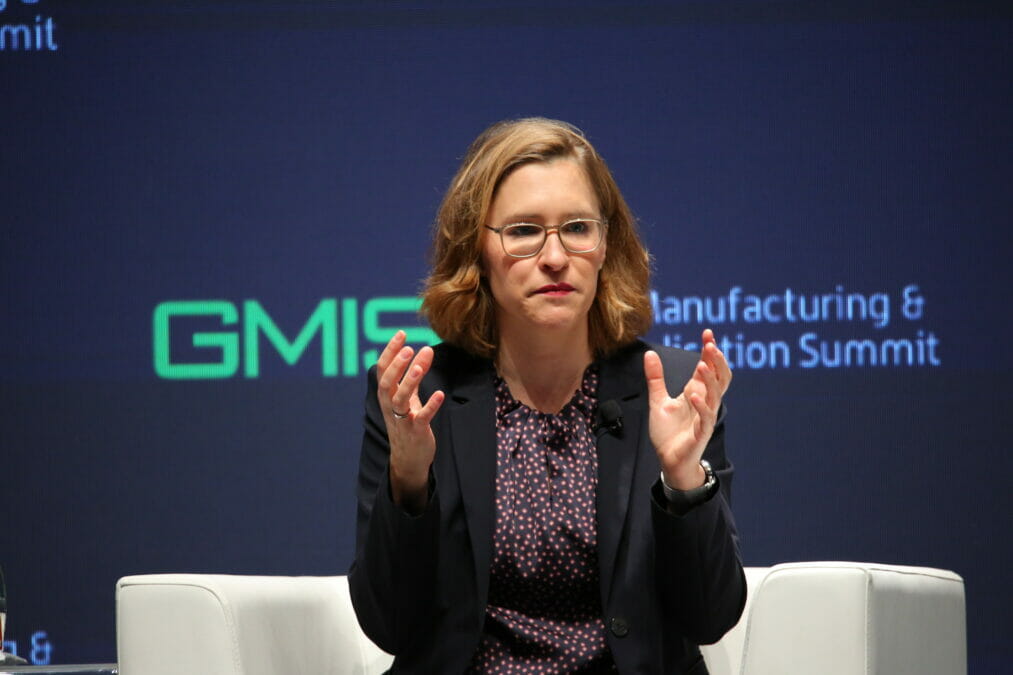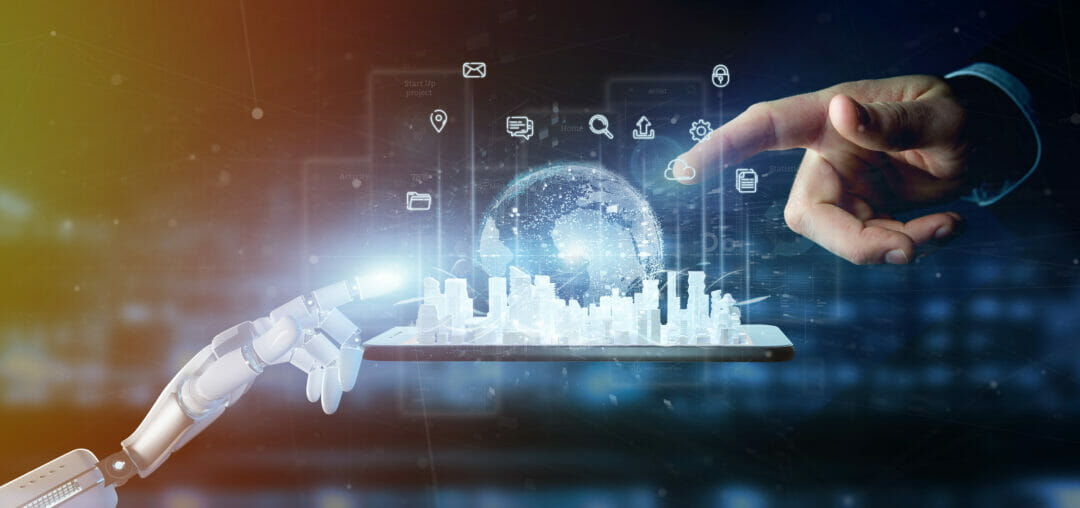As part of Industry 4.0, robotics, AI and automation are transforming the majority of industries, from automotive to food production and everything in between. Now, this transformation is being felt outside the factories, in wider society.
Information Age spoke to Dr. Susanne Bieller, General Secretary, International Federation of Robotics (IFR) at the Global Manufacturing & Industrialisation Summit, to find out more on how robotics is transforming both industry and society.
Robots in manufacturing
Industrial robots are being used to optimise processes and save energy, time and resource in manufacturing.
Unlike robots integrated with AI, these first generation of collaborative robots are programmed to do certain tasks to very high and precise standards, such as welding, painting, assembly, packaging, labelling, product inspection, and testing.
Despite their menial nature, these robots have helped transform the manufacturing industry, allowing humans to focus on innovating new technologies and ways of working.
“In the future – equipped with tools like vision sensors – these robots will be able to respond to tasks in real-time. They’ll also be equipped with AI, which will make them more useful,” said Dr. Bieller.
The advent of robotics in industry is paving the way towards this future of human-robot collaboration, where robots can work with humans without fences.
Society 5.0: Building inclusive super smart societies
Robots in society
Service robots, one’s designed to assist human beings, are becoming more common in general or professional applications. Alexa in the home or service robots in healthcare, helping nurses fulfil their daily tasks, are good examples.
In the future, these service robots will become more integrated into every day life – transforming agriculture, logistics, retail and much more. Their increased presence will transform how people live and change social constructs, and businesses are run.
“The potential application field is huge and we’re only just at the beginning,” commented Dr. Bieller.

Changing the perception of robotics
The adoption of technologies like robotics, AI and automation will need to be accelerated as countries look to drive sustainable action to achieve Carbon Net Zero targets and halt climate change.
“We will be forced to use more robots and in order for a smooth transition, society needs more understanding around the technology. We need to change the perception of robotics as something that will hinder employment growth,” added Dr. Bieller.
Yes, technology evolving is an inevitability. Robots will get more intelligent, more pervasive in industry and society, and more easy to interact with. But, this will create new job opportunities, entirely new professional fields and help the solve the world’s greatest challenges.







